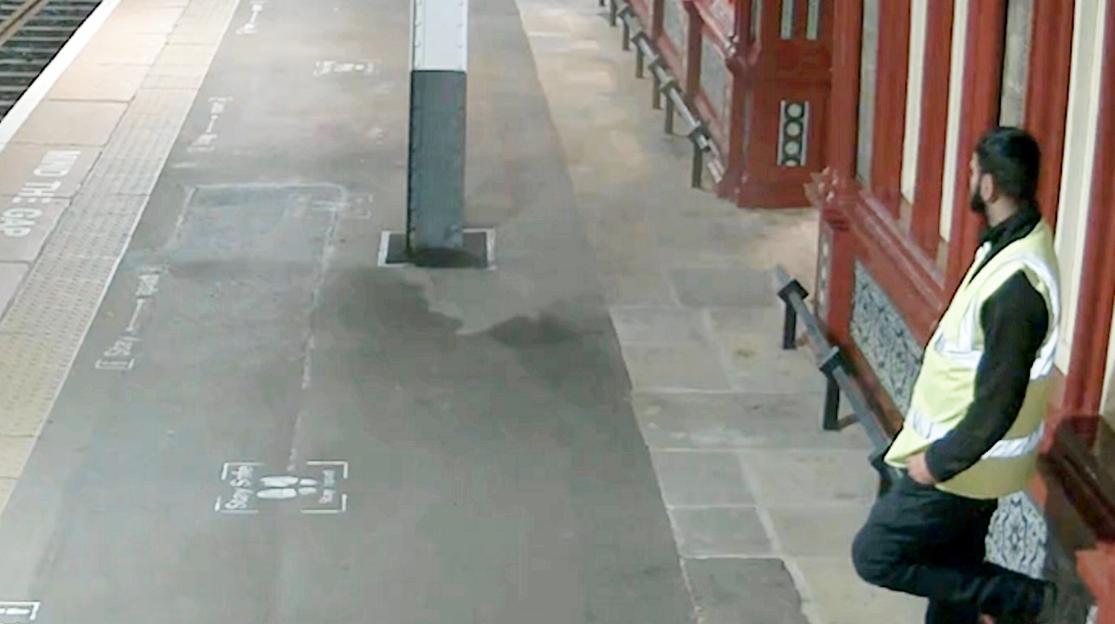ON Vladimir Putin’s doorstep, a tiny Nato nation of two million people are drawing up war plans for a possible invasion.
has recruited a secret army and drawn up plans for a forest barricade and miles of anti-tank dragon teeth to help keep bloodthirsty tyrant at arm’s length.
 Belarusian army vehicles take part in war games exercises near the border of Lithuania
Belarusian army vehicles take part in war games exercises near the border of Lithuania By 2027, Germany will send across an entire, highly-skilled combat unit to be stationed around Vilnius
By 2027, Germany will send across an entire, highly-skilled combat unit to be stationed around Vilnius Lithuania is drawing up war plans for a possible invasion from Russia
Lithuania is drawing up war plans for a possible invasion from RussiaWhilst the Baltic state doesn’t have a direct border with mainland, it shares almost 700km with their allies in Belarus.
It is also nestled up to Russia’s militarised outpost Kaliningrad â leaving them vulnerable to Russian interference and future attacks.
Insiders have been that there are “very clear” examples of Putin already.
Just this week, officials in Lithuania said Russia is ramping up GPS jamming operations against the country â with pilots reporting more than 1,000 disruptions in June.
It marks a massive increase â with 585 incidents recorded in May and 447 in April.
And security chiefs have identified the Russian enclave of Kaliningrad as the source of the “interference”.
In the face of evil, Gabrielius Landsbergis, Lithuania’s former Foreign Minister, said his country is continuing to push back against enemy forces.
Lithuania is already in the top five members who spend the most on defence each year.
The government has also managed to make a deal with Germany to to be ready to fight on behalf of Lithuania.
Lithuanians are also pushing for the creation of a blockade with Belarus â in case Putin launches a cross-border invasion.
Landsbergis told The Sun: “There is a push to think about defence lines on the border.
“I would like to see wherever possible new forests being seeded to plant trees.
“We still have a lot of open space which could be used by tanks to roll over.
“I would like to see actual defence lines being built with mines, ditches, infrastructure, such as dragon teeth.
“We are taking this really seriously and it shows to the enemy that we are taking the threat seriously.”
As a former MP in Lithuania, Landsbergis is well aware of the threat that Russia poses.
Should Putin chose to invade a Nato member then he would likely choose Lithuania, many insiders believe.
 Lithuanian Army soldiers take part military exercise near the Polish border
Lithuanian Army soldiers take part military exercise near the Polish border Gabrielius Landsbergis, former Foreign Minister of Lithuania, speaks to journalists at the Nato foreign ministers’ meeting in 2021
Gabrielius Landsbergis, former Foreign Minister of Lithuania, speaks to journalists at the Nato foreign ministers’ meeting in 2021 Putin has a very strong relationship with Belarus’ leader Alexander Lukashenko
Putin has a very strong relationship with Belarus’ leader Alexander LukashenkoThis is due to its small size â but also the long border it shares with two regions under heavy Russian protection.
Vilmantas Vitkauskas, a former security adviser to the Lithuanian government, believes the enclave of Kaliningrad is “the main target for the Russians”.
Another reason for Russia to view Lithuania as an easy target is due to their small .
Lithuania has less than 15,000 active personal in their ranks â and their equipment is also among the most outdated in .
A bloodthirsty tyrant like Putin may fancy his chances at pulling off a successful invasion.
But Lithuania is fighting back against the threat.
They have agreed to a major deal which would bolster their numbers and .
By 2027, will send across an entire, highly-skilled combat unit to be stationed around Vilnius.
This will prompt Putin to rethink any invasion plans, Landsbergis believes.
He added: “The Russians will have to take into consideration that they would be attacking, not just Lithuanian troops, but German troops now.”
Germany pose a much greater threat to due to their huge and advanced army.
 Poland already has a giant metal border wall with Belarus with those in Lithuania calling for a similar blockade
Poland already has a giant metal border wall with Belarus with those in Lithuania calling for a similar blockade An abandoned fence sits in a forest near the Suwalki Gap area â a land corridor on the shared border between Lithuania, Poland and Russia
An abandoned fence sits in a forest near the Suwalki Gap area â a land corridor on the shared border between Lithuania, Poland and Russia Despite having less than 15,000 active troops, Lithuania’s army are confident they can repel a Russian attack
Despite having less than 15,000 active troops, Lithuania’s army are confident they can repel a Russian attackAnd any form of attack on German troops will provoke a response from Berlin far greater than Russia has felt before.
Vitkauskas and Landsbergis believe more nations within Nato should follow Germany to bolster fellow allies who sit in striking distance.
Maintaining strength as a country â and as a united block with other states in Nato and across the world â is vital to keep Russia at bay, Vitkauskas said.
He added: “The question is how strong are we as country?
“And it’s not just Lithuania, any country around us or or even further in different continents.”
PUTIN’S TWISTED PLOTS
It’s feared a Russian attack could “spark at any moment” â especially with Putin already wreaking havoc across Europe, experts warn.
Since the invasion of , nations on the Baltic Sea have faced damage to undersea power cables, arson and cyberattacks.
A number of attacks on the continent have been attributed to Putin â including a in Lithuania’s capital, Vilnius.
Putin also has a history of facing accusations saying he is being major cyber attacks which strike critical enemy infrastructure.
Estonian military chief Martin Harem previously warned how the tyrant uses.
 Volodymyr Zelensky has warned Putin won’t stop at just invading Ukraine if he isn’t stopped by Nato
Volodymyr Zelensky has warned Putin won’t stop at just invading Ukraine if he isn’t stopped by Nato Lithuanian Emergency Ministry employees work at the site where a DHL cargo plane crashed into a house near Vilnius
Lithuanian Emergency Ministry employees work at the site where a DHL cargo plane crashed into a house near VilniusVitkauskas believes the despot thrives of “uncertainty by causing chaos within the public”, so leaders must always be “vigilant” and “prepared”.
To counter the threat, Lithuania is putting “a lot of effort” into protecting their energy and electricity supplies â but also, internet networks and broadband.
This critical infrastructure will be the first to be struck if Russian forces launch an assault so must be a priority, Vitkauskas cautioned.
“When we talk about the Russian threat, we understand there is an intent and there is capability,” Vitkauskas said.
“We’ve seen what’s happening around Europe, what’s happening in our country and we know the capability is there.
“There are very clear examples the Russians have decided to wage operations in our country.
“The main effort from the Russian special services is to raise some doubts. It’s very strategic. But I’m sure it will not succeed.”
Landsbergis fears the may already be plotting how to launch an invasion through the use of cyber warfare.
He says one possible scenario could involve them causing a train travelling from Moscow to Kaliningrad via Lithuania to break down.
Putin could then say he is obliged to send his men to help the Russian citizens trapped on board.
These border agents and police officers would also need to be accompanied by Russian troops due to them entering a hostile environment.
Landsbergis believes it could then “all escalate in a matter of hours”.
Serious panic for both Lithuanian officials and Nato would soon set in once Putin’s men enter through Belarus.
Landsbergis speculated: “Maybe we’re just overreacting right? It’s a normal civilian rescue situation.
“Just help Russians with whatever you can, don’t shoot, don’t escalate. Take it slow and maintain a cool head.
“But then the next thing you know we lose at least partially the control of all of our territory.”
 Landsbergis says one possible attack could involve Russia causing a train travelling from Moscow to Kaliningrad via Lithuania to break down
Landsbergis says one possible attack could involve Russia causing a train travelling from Moscow to Kaliningrad via Lithuania to break down Nato soldiers take part in a welcoming ceremony for alliance troops arriving at the Rukla base in Rukla, Lithuania
Nato soldiers take part in a welcoming ceremony for alliance troops arriving at the Rukla base in Rukla, Lithuania







